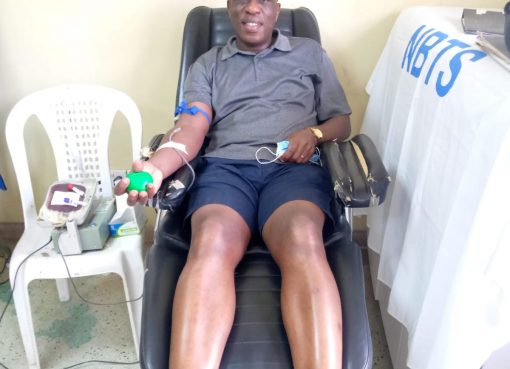Members of the Kenya Association of Pharmaceutical Industries (KAPI), have revised the Code of Practice that guides interactions with healthcare professionals.
The Code sets standards for the promotion of medicines to health professionals in Kenya.
It includes requirements for the provision of information to patients and the public and relationships with patient
groups.
In 2016, KAPI rolled out the Code of practice which is a self-regulation tool for the association members (local and
multinational pharmaceutical firms) and seeks to curb unethical practices in the pharmaceutical market place such as inducements to healthcare professionals in the private and public sector.
Speaking on Tuesday during a stakeholder consultative forum, KAPI Chairperson, Dr. Anastasia Nyalita said the Code of practice had been revised to align it with the global best practice while recognising local unique challenges.
“Our members have reaffirmed their commitment to the Code of Practice that was passed recently to guide interactions with healthcare professionals. We believe this will go a long way to improve the quality of health service delivery as well as strengthening health systems in the country,” said Dr. Nyalita.
Nyalita further noted that the Code stipulates that any sponsorship provided to healthcare professionals must not be conditional upon an obligation to prescribe,recommend,purchase, supply, administer or promote any pharmaceutical product.
“Through the promotion of this Code, KAPI seeks to ensure that ethical promotional practices are established in Kenya. Subsequently, the new Code has imposed a ban on gifts and promotional Aids for Prescription Only Medicines,” said
Dr. Jack Kileba who chairs the Ethics and Compliance Committee for KAPI.
The Code is binding to all KAPI members and restricts them from unethically influencing doctors or any other healthcare professionals in their prescribing practices.
It also prohibits them from offering financial benefit or benefit in kind as an inducement for their services.
“Industry relationships with healthcare professionals must support and be consistent with the professional
responsibilities they have towards their patients,” Dr. Nyalita emphasised in her remarks during the inauguration of Pharmacy and Poisons Board ISO 9001:2015 Certification.
The Code has also been aligned to IFPMA Code to member association codes such as EFPIA and PhRMA where a ban has been in force for several years.
The stakeholder forum was attended by healthcare representatives from private and public hospitals and medical
associations who are equally committed to promoting ethical practices in their institutions. Ethical promotion is vital to the pharmaceutical industry’s mission of helping patients by researching, developing and marketing new products.
Ethical promotion helps to ensure that healthcare professionals have access to information they need, that patients have access to the products they need, and that products are prescribed and used in a manner that provides the maximum healthcare benefit to patients.
By Alice Gworo



